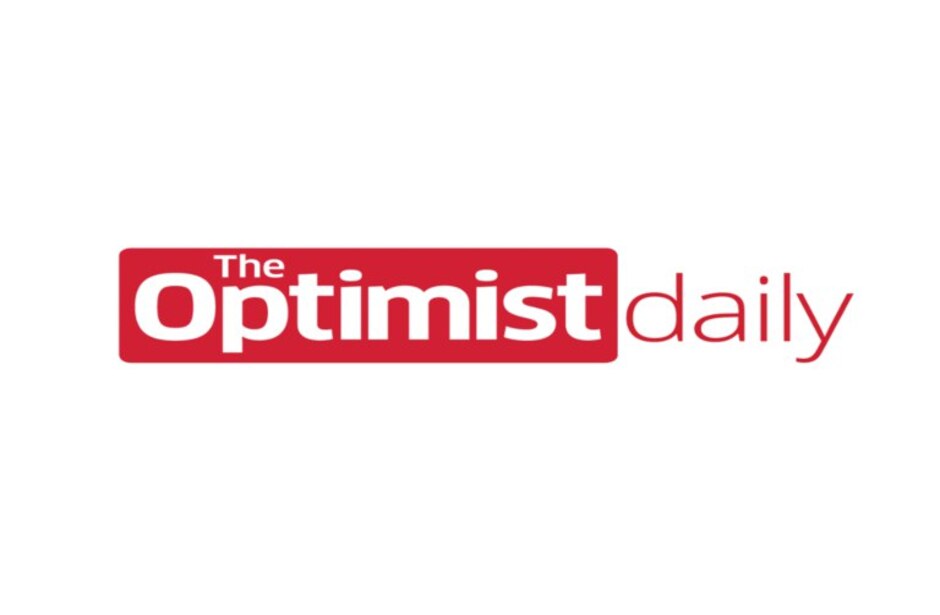A team of engineers at Louisiana State University has developed a portable device that could help non-specialists to autonomously diagnose skin lesions. The device, which looks somewhat like a handheld supermarket scanner, will not only help pediatric patients but also have the potential to help astronauts in space.
Led by engineering student Brianna Robertson, the research team behind the project leveraged artificial intelligence to create the device, which diagnoses skin lesions through image capture.
To diagnose an injury, the device requires the user’s patient information, after which they are asked to take a photo which is then run through a convolutional neural network (CNN) powered by an on-board NVIDIA graphic processing unit.
Once the process is completed, the device displays the patient’s diagnosis, the details of which can also be transferred to a patient’s profile on an external computer.
While the device’s medical potential could be put to good use on Earth, the project has also caught the eye of scientists at NASA.
“NASA’s interest lies in using artificial intelligence for assisting in medical diagnoses,” said Robertson. “For instance, if one of the astronauts becomes ill and the astronaut physician’s specialty is outside of the scope of the current ailments, AI can help enhance their diagnosing capabilities.”
“As we move closer to Mars missions, there is a 30-minute delay between what happens on Mars and what we hear back on Earth.” “So, if something were to happen that would have to do with medical ailments, leveraging AI technologies can prevent catastrophe,” she added.











